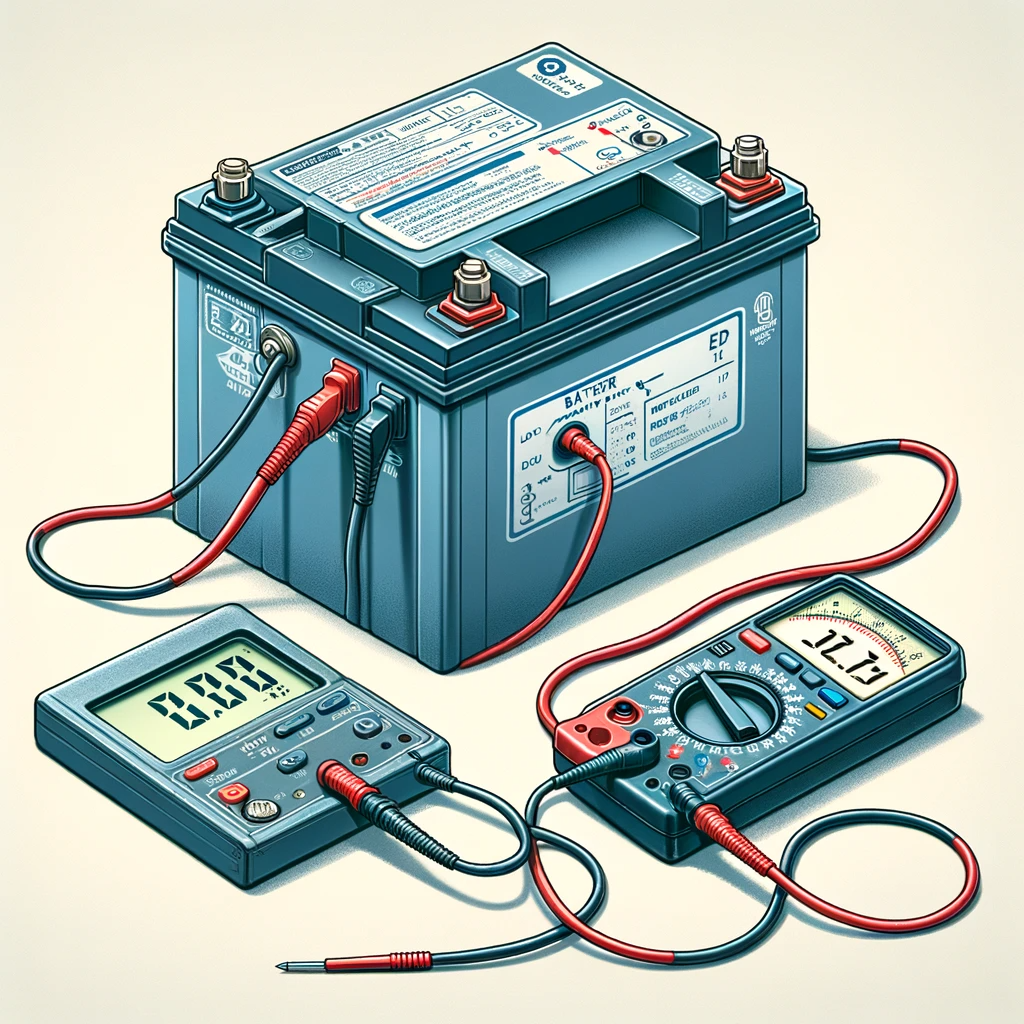How to Determine if Your Deep Cycle Battery is Damaged: A Comprehensive Guide
 Dec 15,2023
Dec 15,2023

 Basen
Basen
Deep cycle batteries are the workhorses of various applications, from solar energy systems to recreational vehicles. Unlike regular car batteries, they are designed to be discharged and recharged many times. However, like all batteries, they can suffer from wear and tear. Knowing how to determine if a deep cycle battery is damaged is crucial for maintaining the efficiency and safety of your system. Let's explore the signs and methods to assess the health of a deep cycle battery.

Visual Inspection
Physical Damage: Start with a visual check. Look for cracks, bulges, or any deformation in the case. These can be signs of internal damage or overheating.
Corrosion: Check the terminals for corrosion. Excessive build-up can indicate overcharging or age-related wear.
Voltage Tests
Resting Voltage: Use a multimeter to check the resting voltage. A fully charged 12V deep cycle battery should show around 12.6 to 12.8 volts. Anything significantly lower may indicate a problem.
Load Testing: A load test involves applying a specific load and measuring the voltage drop. This test can show if the battery can hold charge under usage conditions. A significant drop in voltage during this test can signal a damaged or aging battery.
Specific Gravity Test
This test is applicable to flooded lead-acid deep cycle batteries. It involves measuring the density of the electrolyte, which correlates to the state of charge.
Consistency Across Cells: Each cell should have a similar specific gravity reading. A wide discrepancy can indicate damaged cells.
Capacity Testing
Discharge Testing: This involves discharging the battery at a consistent, known rate and measuring how long it lasts. If the battery doesn't meet its rated capacity, it might be nearing the end of its lifespan.
Performance Observations
Runtime: Is the battery not lasting as long as it used to? Decreased runtime can be a sign of aging or damage.
Recharge Time: Batteries that take longer to recharge than usual may be experiencing degradation.

Professional Assessment
If you're unsure, a professional assessment is always recommended. Battery specialists have the tools and expertise to provide a comprehensive health report.
Conclusion
Regular maintenance and checks are key to prolonging the life of deep cycle batteries. Recognizing the signs of a damaged battery is not just about efficiency; it's also a safety measure. With proper care and timely replacement, deep cycle batteries can reliably power your applications for years.
Remember, proper battery disposal is crucial for environmental safety. If you determine your battery is beyond repair, ensure it's recycled correctly.
Stay tuned for more insights into battery care and maintenance. Let's power our world responsibly!








 HOME
HOME Understanding Renewable Energy: The Power to Sustain Our Future
Understanding Renewable Energy: The Power to Sustain Our Future  You May Also Like
You May Also Like

 Tel
Tel
 Email
Email
 Address
Address